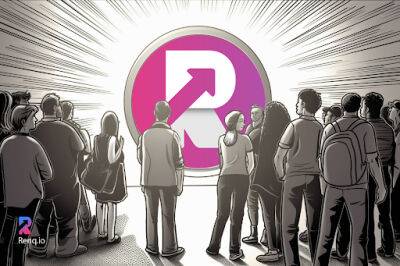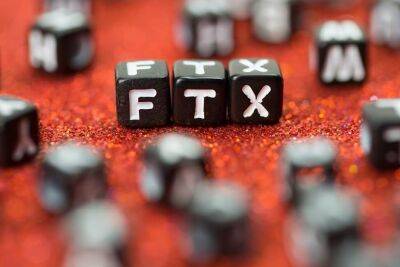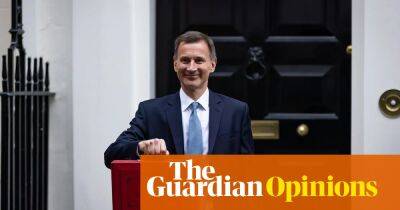Jeremy Hunt’s budget is a tough sell – except to the top 1%
As an advertising slogan, “pay more get less” has limited appeal and so Jeremy Hunt was keen to focus on other aspects of his budget as he did the customary tour of the TV and radio studios to explain the reasons behind his tax and spending decisions.
Two of Britain’s leading thinktanks felt no need for such reticence, the Resolution Foundation and the Institute for Fiscal Studies instead used their post-budget analysis to highlight that families were paying more in tax but getting less back from the state in return.
The pensions tax break for the 1% was in contrast to the whopping increases faced by basic rate and higher rate taxpayers as a result of a previously announced six-year freeze on tax allowances. Income tax thresholds have been frozen until 2027-28, which will mean the average basic rate taxpayer will eventually be paying £800 a year more, while a higher rate taxpayer will be paying an extra £1,700.
If tax allowances do not rise in line with earnings growth, fiscal drag means people on lower incomes have to start paying tax and more people are affected by the higher 40% rate. The IFS says that freezing the basic rate threshold at £12,570 and the higher rate threshold at £50,270 will mean 1.7 million more basic rate taxpayers and 1.2 million people dragged into the 40% band.
Fiscal drag has two big effects. Firstly, it will mean that by 2027-28 tax as a share of national income will rise to just shy of 38%. That is a rise of more than four percentage points on its pre-pandemic level and the highest since the second world war. Secondly, paying more personal tax means people have less money to spend. Despite the slightly rosier outlook for growth, living standards are on course for their biggest two-year decrease
Read more on theguardian.com











![Bitcoin [BTC]: A sell-off could be on the horizon, unless…](https://finance-news.co/storage/thumbs_400/img/2023/3/23/61188_salwv.jpg)





